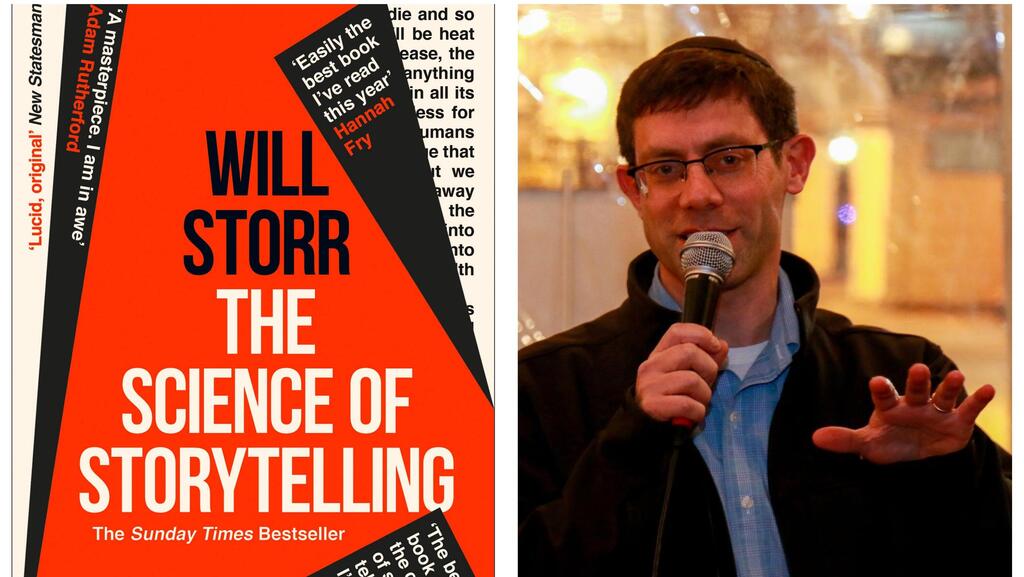
BiblioTech
CTech’s Book Review: Following the Hero’s journey for startup pitches
Ben Wiener, Managing Partner at Jumpspeed Ventures, shares insights after reading “Science of Storytelling” by Will Storr
Ben Wiener is the Managing Partner at Jumpspeed Ventures, a micro-VC fund dedicated to investing in early-stage startups, and the author of the business fiction novel ‘Murder at First Principles’. He has joined CTech to share a review of “Science of Storytelling” by Will Storr.
Title: “Science of Storytelling”
Author: Will Storr
Format: Book
Where: Home
Summary:
Every Startup Pitch is a Story.
Will Storr’s research supports the conclusion that compelling stories follow certain narrative arcs, captivating listeners and drawing their attention and curiosity through time-tested story structures. These structures can and should be understood and used by startup founders, to transform humdrum presentations into stand-out, compelling, and action-inducing pitches.
Important Themes:
The Hero’s Journey: First developed by mythologist Joseph Campbell in his classic “The Hero With a Thousand Faces”, this narrative arc serves as the foundation of the most famous stories of all time, from religious figures’ origin stories to ancient myths and fables up to the most popular novels and movies of the present day. Each story begins with the hero’s flawed self and flawed view of the world (Storr calls this the ‘Theory of Control’). The hero is soon confronted with change; he or she initially rejects this call to action and wants to insist on imposing their sense of the world on the changing situation. Ultimately the hero realizes that the Theory of Control is not workable and that he needs to change in order to continue to have control over the situation and fix it.
The Power of Metaphors: Storr writes that metaphors are the fundamental mechanisms our brains use to understand abstract concepts. In books, good metaphors activate sensory parts of our brain, enabling us to understand unfamiliar concepts in the context of familiar ones.
Related articles:
What I’ve Learned:
Follow the Hero’s Journey: Storr, like Campbell before him, concludes that the “Hero’s Journey” narrative structure endures because it is most attractive to our human brains. This structure is portable to startup pitches and arguably will have the greatest resonance with an investor’s mental process.
A great startup pitch should follow the Hero’s Journey arc: The current state of the world is flawed, and current solutions are woefully inadequate. There must be another way - who will answer the call and be our hero? Enter the startup and its needed solution.
Start Right: Compelling stories open with a sudden change, the ominous feeling that change is coming, or some other information gap. Great stories don’t start off bland, or with something obvious (like “Everyone knows that…”). They draw the listener in immediately with curiosity and unanswered questions, forcing the listener to care and pay attention in order to find out what happens next (“You may not be aware that…”).
Use Metaphors: Use metaphors to help investors relate to your whiz-bang new concept in terms of other concepts they recognize. But beware - the more familiar the metaphor the more worn out it gets.
Who Should Read This Book:
All startup founders are storytellers. A compelling pitch is the gating factor to raising capital, which is typically the gating factor to startup survival. According to a study of other investors we co-sponsored earlier this year, less than one out of five investors find most startup pitches to be well-organized. So, startup founders will benefit from this thoughtful and studious analysis of what makes great stories great.